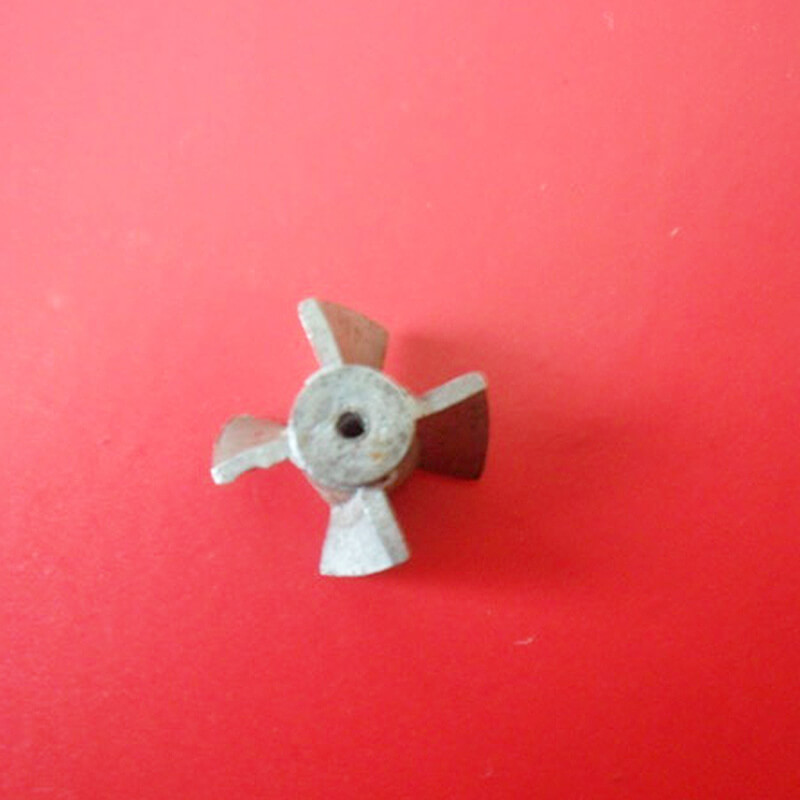Advantages of Sintered Powder Metal Gears
1. One-time molding
Low cost, high production efficiency, one-time molding, no need to process gear teeth after molding.
2. Lubrication-free parts
Due to the processing characteristics of powder metallurgy, it can be made into oil-containing parts to form lubrication-free parts
3. High resource utilization
There is no waste in the gear forming process, which is the best use of steel resources

Disadvantages of powder metallurgy gears
1. The bending and shearing strength of the gear teeth is not strong
Because powder metallurgy is a recrystallization process that allows metal powder to form at high temperatures, it does not undergo a rolling process and does not form a flow of metal fibers. It is a non-oriented mechanical property. Therefore, the bending and shear strength of the gear teeth are not as good as the traditional Machined gears
2. The tooth contact strength is low
It is also because the bending and shear strength of the gear teeth are not as good as those of traditional machined gears. The contact strength of the gear teeth of powder metallurgy gears is also relatively low, so they cannot transmit large torque.
3. The effective time limit of oil lubrication is shorter.
Although it can be made into gear teeth with oily state, the effective time limit of oil lubrication is relatively short. To ensure normal use, additional lubrication must be considered. Oil bath lubrication is the best.
4. The effect of lubrication-free parts is poor
The effect of forming lubrication-free parts is still worse than that of oil bath lubrication, which belongs to the state of boundary lubrication.
5. The transmission stability is poor
The precision of powder metallurgy gears is low, because there is no way to control it during the high-temperature sintering molding process, just like burning bricks, the exact size of the bricks is not controllable, so the transmission is stable. Poor sex
6. Produce noise
Due to the reason of 5, the surface roughness of the gear teeth is also relatively large, which will cause noise in the transmission.

 English
English 简体中文
简体中文






